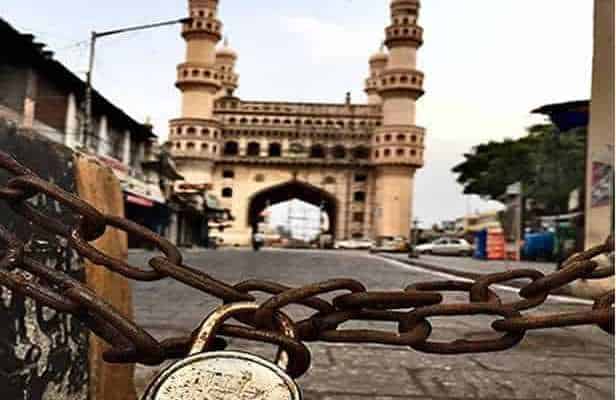How poor in Hyderabad prefer to sell free ration for money?

Last updated on February 9th, 2023 at 01:35 pm
In India, poverty is so rampant that despite being provided with food to eat, people would prefer to sell it for hard cash. This is a phenomenon that has gripped Hyderabad, the city that had recorded a high rate of corona virus cases.
Apparently, out of concern for the poor and needy, a lot of ration is being distributed amongst those below the poverty line by good Samaritans of the city.
Instead of consuming these rations, the poor are rushing to the nearest kirana store to sell them for a few bucks. While some grocery stores have accepted these articles, many have turned them down, fearing exposure to contamination.
The poorer that comprises daily wage workers and laborers in majority are also in need of money to get other things. They prefer to sell the food grains, packets of salt, and other things for a little sum of money.
Police personnel are witness to large number of raw food distribution being done on a daily basis. They admit that while this looks like help to the needy and poor, most of the latter do not have means to cook their food. Giving them raw food is not helping them. They need means to cook and even money to sustain themselves on a daily basis.
According to general statistics, currently, India has the largest stock of grain in the world besides China, the government spends Rs. 750 billion ($13.6 billion) per year, almost 1 percent of GDP, yet 21% remain undernourished. According to a World Bank report, in the coming months, nations will have to forget their geographical boundaries and concentrate on creating food security than is going to be the next big problem facing the developing and poor nations.
Read: Rahul Gandhi strikes at the Government on halting hike in Dearness allowances and Dearness relief
Starting April 2020, under the Pradhan Mantri Garim Anaa Yojna (PMGAY), almost 5 kg food grains per ration card holder and one kg pulses per household was started to be given for next three months. This is over and above the monthly quota of subsidised foodgrain of 5 kg per person under the National Food Security Act (NFSA).
However a chunk of Indian citizens do not have the ration card and therefore have been left to fend for themselves through such donations and erratic selling sprees.



